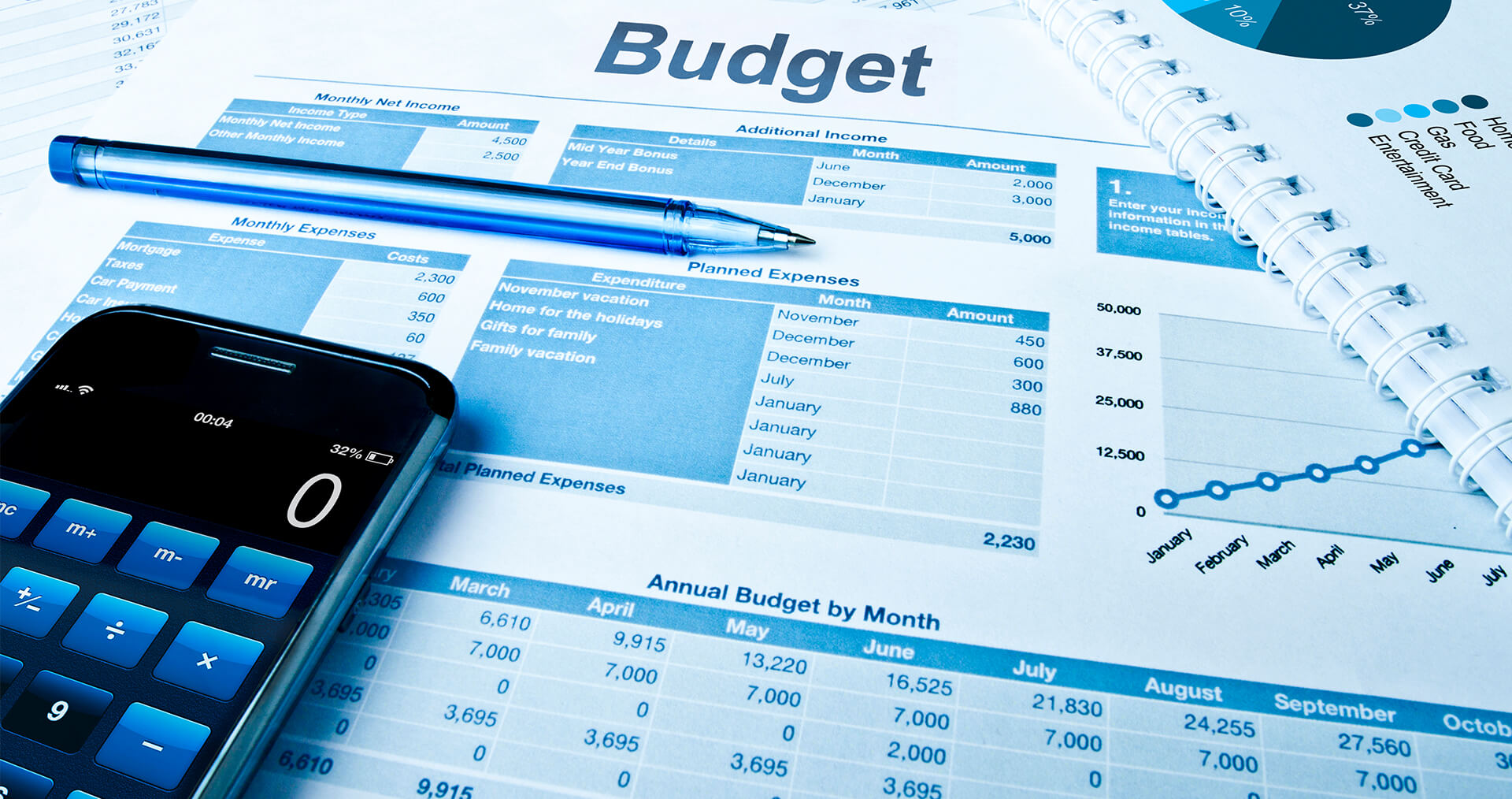News & Events

It’s no secret that Budget 2020 would not be a give-away budget. The threat of a no-deal Brexit has obviously cast a dark shadow in the lead up to the Budget and has curtailed any expectations that Budget 2020 was going to line our pockets with cash. The following are the main taxation provisions that have been introduced:
Tax Credits
The Home Carer Tax Credit is increased from €1,500 to €1,600 and the Earned Income Credit is increased from €1,350 to €1,500.
Key Employee Engagement Programme (KEEP)
KEEP is effectively share-based remuneration to attract key employees. Amendments are being introduced to allow for an extension of relief in Group situations, and to allow for movement of employees within the group to qualify for the relief.
Employment and Investment Incentive Scheme
EII is tax relief for specific investments in Small and Medium sized enterprises. The current position is that an employee receives the first 30% of income tax relief in the first year, and the remaining 10% after 3 years. We welcome that the full 40% tax relief can now be claimed in the first year i.e. the year the investment is made. Also, the annual investment limit is being increased from €150,000 to €250,000. There is a provision whereby the annual limit can be €500,000 for an investor who invests for a minimum period of 10 years.
Special Assignee Relief Programme (SARP) & Foreign Earnings Deduction (FED)
SARP is an income tax relief measure which aims to reduce the cost to employers of assigning skilled individuals in their companies from abroad to take up positions in their Irish based operations. FED is a relief to support Irish companies by providing relief in situations where employees are travelling outside the State to certain qualifying countries.
Both reliefs were due to cease in December 2020. They are now being extended to December 2022.
Research & Development Tax Credit
The R&D tax credit is being amended for micro and small companies to increase the 25% R&D credit to 30% and to enhance the existing limits on the credit. In addition, the limit of R&D expenditure that can be subcontracted out to third level institutions has increased from 5% to 15%.
Betting Tax
A relief from betting duty has been introduced, with a limit of €50,000 on the relief in a calendar year.
Farm Restructuring
The current scheme provides for capital gains tax relief where an individual disposes of and purchases land and/or exchanges land with another farmer in order to consolidate an existing farm. The scheme which is due to expire on 31 December 2019 is being extended to 31 December 2022 subject to state aid approval.
Housing incentives
The Help to Buy scheme and the Living City Initiative scheme have been extended to 31 December 2021 and 31 December 2020 respectively.
Climate Change Issues
Carbon Tax is being increased from €20 per tonne to €26 per tonne.
The increased tax on home-heating fuels will kick in from May 2020.
Vehicle Registration tax relief for hybrids and plug-in hybrid electric vehicles is extended to 2020.
Anti-avoidance tax measures
A number of measures have been introduced by the Budget to counteract tax abuse and anomalies identified in the use of Irish Real Estate Funds, Section 110 Companies, Real Estate Investment Trust Companies, International tax practice and Stamp Duty anti-avoidance.
Gift/Inheritance Tax
The Group A tax-free threshold has been increased from €320,000 to €335,000 with effect from 9 October. This threshold would generally apply for gifts or inheritances from parents to their children. Interestingly, no amendments have been made to the other Group thresholds.
Stamp Duty
The Stamp Duty rate for non-residential property is being increased from 6% to 7.5%, effective from 9 October – subject to transitional arrangements where contracts are currently in place.
Dividend Withholding Tax
The rate of Dividend Withholding Tax is being increased from 20% to 25% from 1 January 2020.
If you wish to discuss any of these issues in further detail, please contact Adrian Farragher from our tax department at 01 490 1670.








